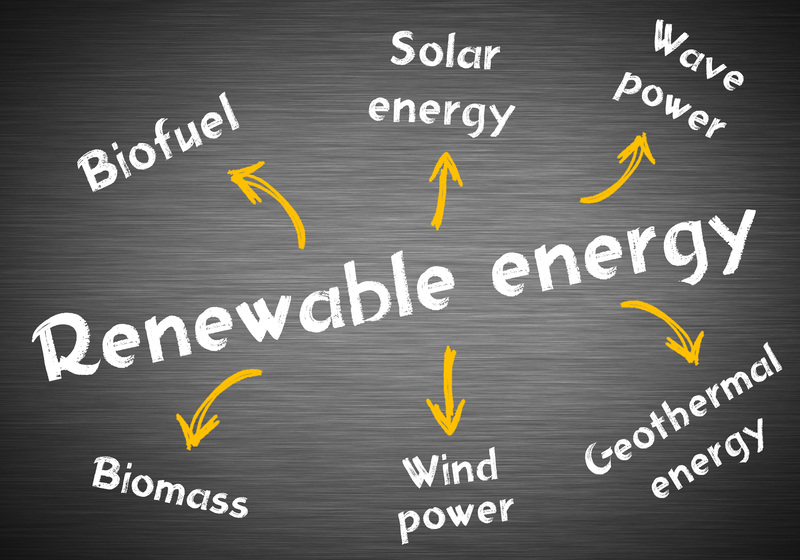In today's rapidly evolving culinary landscape, the concept of turning waste into wealth is gaining prominence. With sustainability becoming an essential aspect of modern dining, eateries are adopting creative strategies to minimize their ecological footprint while enhancing profitability. This article delves into effective methods restaurants can employ to transform waste into valuable resources, ensuring a greener future and a healthier bottom line.
The Growing Problem of Food Waste
Food waste is a significant issue that affects the restaurant industry worldwide. According to the United Nations Food and Agriculture Organization, approximately one-third of all food produced for human consumption is wasted globally. This translates to around 1.3 billion tonnes of food each year.
- Environmental Impact: Food waste contributes to greenhouse gas emissions and excessive landfill use. The decomposition of organic waste emits methane, a potent greenhouse gas.
- Economic Consequences: For restaurants, food waste represents lost revenue, considering the costs incurred during purchase, preparation, and disposal of surplus food.
- Social Implications: With millions facing food insecurity, reducing food waste could significantly impact global hunger issues.
Understanding Waste Streams in Eateries
To effectively address food waste, eateries need to first comprehend their waste streams. Waste streams in restaurants typically fall into the following categories:
- Pre-consumer Waste: Includes kitchen scraps from food preparation such as vegetable peelings, and uneaten spoiled ingredients.
- Post-consumer Waste: Waste generated after the food reaches the customer, including plate waste and leftovers.
- Packaging Waste: Arising from shipping materials, plastic containers, and other non-food items used in operations.

Innovative Solutions for Waste Management in Eateries
1. Embrace Food Donation Programs
Food donation programs can significantly decrease food waste while benefiting the community. By partnering with local charities and food banks, restaurants can donate surplus edible food to those in need. This not only aids in reducing waste but also enhances the eatery's corporate social responsibility.
2. Implement Composting Practices
Composting is a highly effective way to manage pre-consumer waste. By diverting organic waste from landfills into composting, restaurants can convert food scraps into nutrient-rich soil, perfect for gardening and agriculture. Many restaurants are now investing in on-site composting bins, making it easier to manage waste sustainably.
3. Convert Waste into Biofuel
Bioconversion techniques allow eateries to convert waste oils into biodiesel, a sustainable energy source. Used cooking oils can be recycled and processed into fuel, significantly reducing environmental impact. Restaurants that engage in this practice not only help the environment but can also enjoy tax benefits and reduced waste disposal costs.
4. Source Smart and Local
Procuring ingredients locally helps minimize long supply chains and excessive packaging, contributing to reduced food wastage. Moreover, sourcing smart involves buying in quantities aligned with predicted demand to avoid spoilage. Many eateries have adopted just-in-time ordering practices to ensure freshness and minimize waste.
Leveraging Technology and Data
Utilizing technology can bring a substantial advancement in waste management strategies:
1. Restaurant Inventory Management Systems
Adopting advanced inventory management software allows restaurants to track food usage accurately. By analyzing purchasing patterns and consumer demands, restaurants can adjust orders to reduce over-stocking and spoilage.
2. AI-Powered Analytics
Artificial Intelligence (AI) helps restaurants predict patterns in food consumption and waste. AI tools can optimize portion sizes based on customer preferences, minimizing unnecessary food waste while maintaining customer satisfaction.
Case Studies: Eateries Leading the Way
1. Blue Hill at Stone Barns
This renowned farm-to-table restaurant uses nearly every part of its sourced produce, integrating sustainable cooking classes and workshops to educate others on waste reducing tactics. Their approach emphasizes a holistic view of waste reduction in culinary arts.
2. Nolla Helsinki
As one of Europe's pioneering zero-waste restaurants, Nolla implements comprehensive waste management techniques including sourcing excess ingredients from suppliers and growing some produce on-site. Nolla's model inspires other establishments to create innovative waste solutions.

The Benefits of Reducing Waste in Eateries
Efficient waste management doesn't just benefit the environment; it also presents significant advantages for the businesses themselves:
- Cost Savings: By reducing waste, restaurants save on purchasing and disposal costs.
- Brand Enhancement: Eco-friendly practices attract sustainability-conscious customers, who are willing to support businesses aligning with their values.
- Regulatory Compliance: Many local governments are implementing stricter regulations on waste management, and proactive strategies ensure compliance and avoid fines.
Conclusion: A Better Future for All
Embracing waste-to-wealth initiatives not only aligns eateries with sustainable practices, but also fosters innovation, profitability, and community goodwill. The transition towards a circuar economy in the culinary industry is both necessary and advantageous, paving the way for environmentally aware dining experiences. As more restaurants adopt these strategies, the standard for waste management within the industry will rise, leading to widespread positive impacts on our planet and society.
By integrating these innovative solutions, eateries can transform waste from a costly issue into an opportunity for generating wealth and sustainability. With responsible practices, the culinary industry can lead by example in tackling global food wastage challenges head-on.